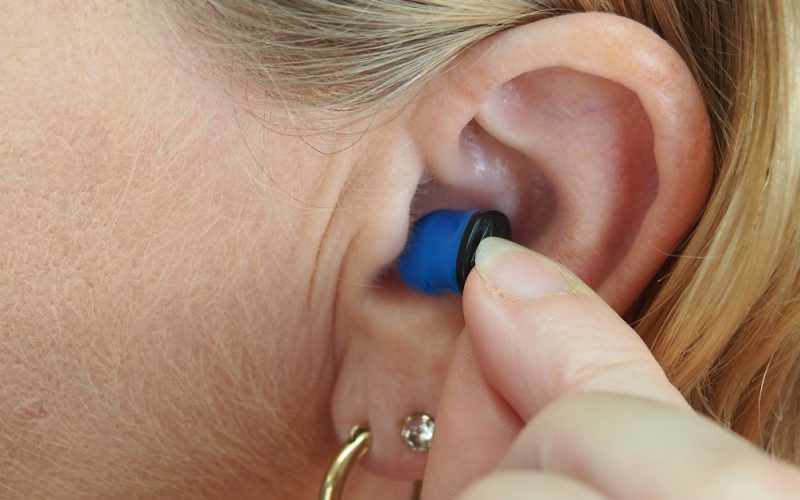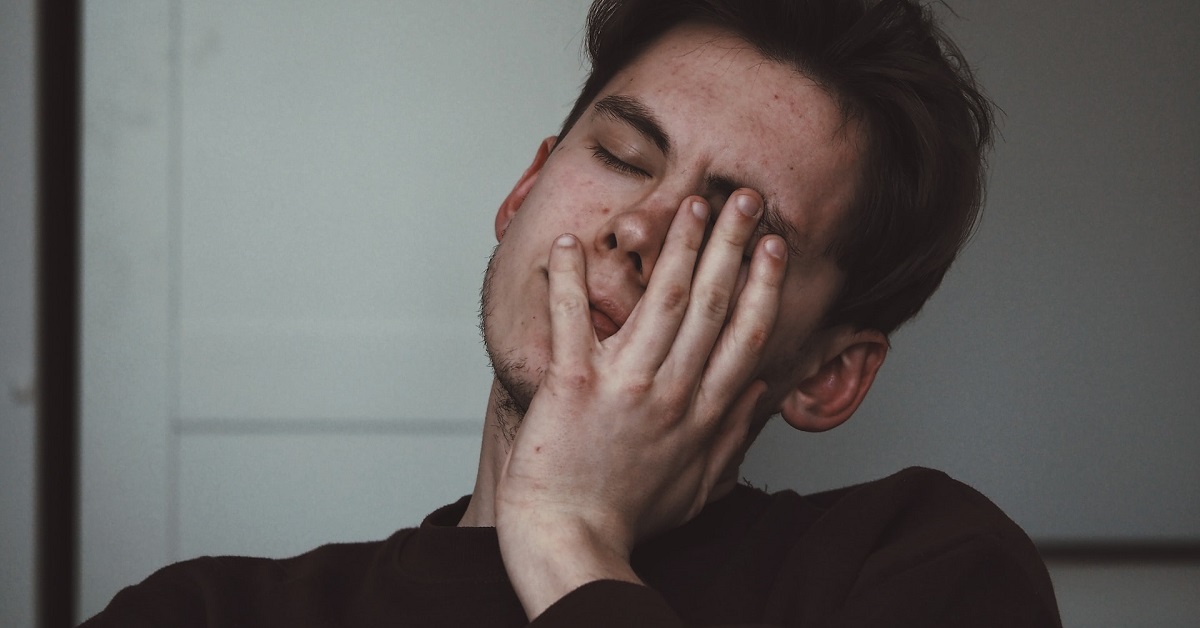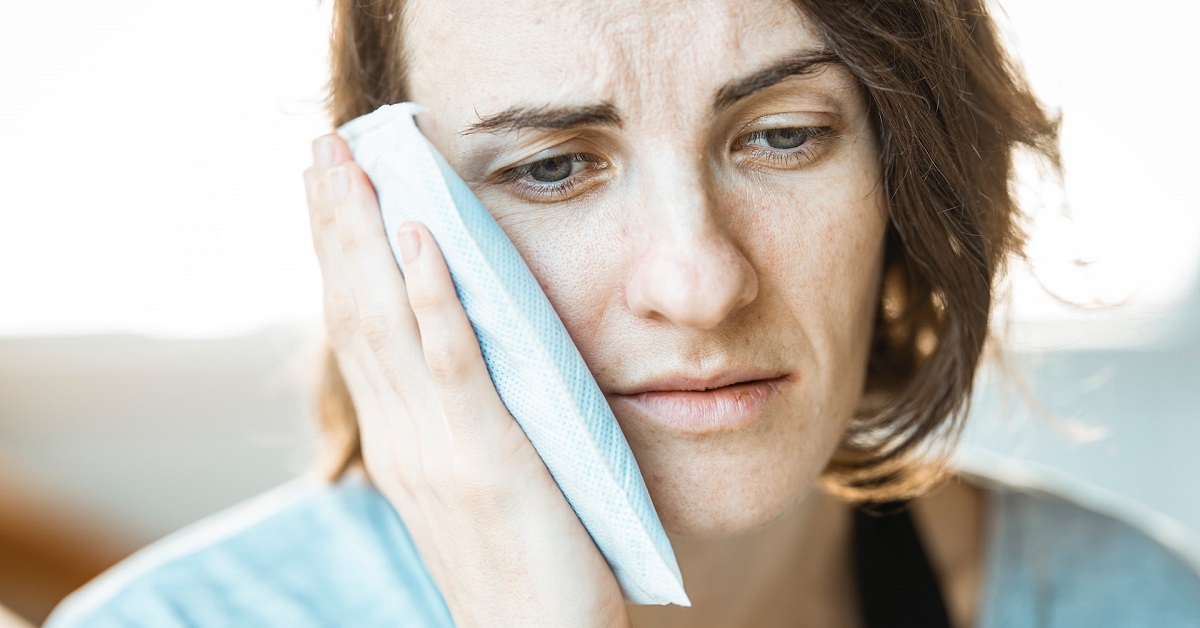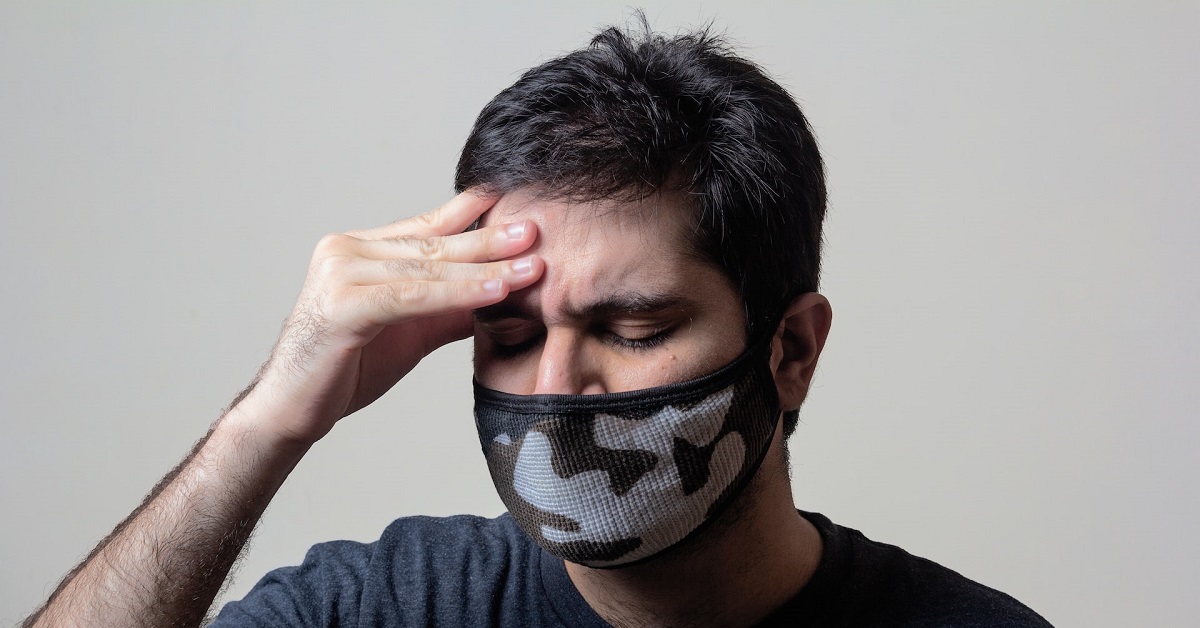
Although they can be unpleasant, earaches are not always treated with antibiotics. Prescription recommendations for ear infections have changed throughout time. In some cases, antibiotics are not even advised. Not all ear infections are caused by bacteria, and some don’t even need treatment. We’ve combined this helpful guide to help you manage ear infections at home. Keep reading to find out how to treat an ear infection in Colchester.
What is the main cause of earwax build-up?
Excess buildup of earwax can cause symptoms such as dizziness and hearing loss. Normally, this wouldn’t be a problem.
Wax build-up can be caused by a variety of different environmental factors, such as:
- Narrow or hairy ear canals.
- Ageing, since as you get older, wax is harder and tougher to remove.
- A natural tendency to make more earwax.
- Having inflammation on the exterior of your ear canal.
- Hearing aids, earplugs, and any other items inserted in the ear. This is a result of their capacity to move wax further in.
How can you tell if you have an ear infection?
Some of the most typical signs of an ear infection include:
- An ache or tingling inside your ear.
- A persistent sensation of pressure in your ear.
- A pus-like leak from the ear.
- Loss of hearing.
These signs and symptoms could be continuous or come and go. The symptoms may show in 1 or both of your ears. An infection that affects both ears (double ear infection), typically hurts more.

As opposed to an acute ear infection, a long-term infection may not show as many symptoms.
Along with adult symptoms like discharge and ear pain, young children and infants may also exhibit other symptoms of an ear infection, such as:
- Pulling or rubbing their ear.
- Fever.
- Headache.
- Not being able to respond to some sounds.
- A decrease in appetite.
- Loss of balance.
- Agitation or fussiness.
The typical duration of ear infections is 3 days or less. However, they can remain for up to a week.
If a child below six months of age experiences fever and maybe other ear infection symptoms, they should see a doctor. Seek medical care if your child develops a fever of above 39°C or severe earache.
What possible side effects could an ear infection have?
Even though they occasionally recur, ear infections typically disappear on their own. After an ear infection, the following uncommon yet serious complications could happen:
- Loss of hearing.
- Speech or language delays in children are more common when there is persisting fluid in the middle ear.
- Eardrum rupture.
- Mastoiditis – a condition that affects the mastoid glands.
- Meningitis – a disease that affects the spinal cord and the brain.

How do you treat an ear infection in Colchester without antibiotics?
Doing nothing at all or engaging in “watchful waiting” is the most natural treatment.
A medical practitioner may employ this approach for mild cases of acute otitis media, often known as middle ear infection, to help the immune system fight the infection without the need for antibiotics. It’s recommended that you use painkillers and wipe the ear to remove discharge.
Can you treat an ear infection at home?
You can use the following methods to eliminate the symptoms of a mild ear infection:
- Put a warm cloth over the hurting ear.
- Use prescription or over-the-counter ear drops to relieve pain.
- Use decongestants available over the counter, like pseudoephedrine (Sudafed).
- Avoid lying on the affected ear when you sleep.
Using over-the-counter medication to treat an ear infection
You’ll want to stop the pain as quickly as possible if you or your child develops an infection.
For quick relief, your pharmacist or doctor could advise using an over-the-counter pain reliever with or without antibiotics. Ibuprofen or acetaminophen may be effective, but it’s important to always speak with your doctor first.
Antibiotics won’t help if a virus is the cause of your ear infection. Your pharmacist may recommend an antibiotic if they determine that bacteria caused your infection based on your medical history.
Additionally, you can talk to your pharmacist about what you can do to treat the infection at home.

When should you see your doctor to treat an ear infection?
The following signs and symptoms should prompt an appointment with your doctor or pharmacist:
- A temperature of over 39°C.
- Oozing pus, discharge, or fluid from your ear.
- Your symptoms deteriorating.
- Symptoms that last more than 2 to 3 days.
- Loss of hearing.
- Other troubling symptoms.
Book your appointment with Dedham Pharmacy today or visit us to treat an ear infection in Colchester.
This post was written on behalf of Dedham Pharmacy by Pharmacy Mentor


